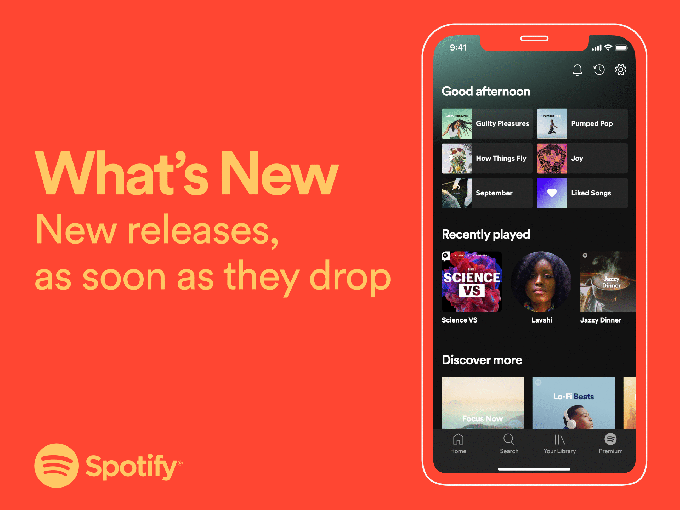News: Bezos offers billions in incentives for NASA’s lunar lander contract
Jeff Bezos, the billionaire founder of Blue Origin, is offering to knock up to $2 billion off the cost of developing a lunar lander and to self-fund a pathfinder mission in exchange for a NASA contract. The specific contract in question relates to developing a lunar lander for the Human Landing System program, which aims
Jeff Bezos, the billionaire founder of Blue Origin, is offering to knock up to $2 billion off the cost of developing a lunar lander and to self-fund a pathfinder mission in exchange for a NASA contract.
The specific contract in question relates to developing a lunar lander for the Human Landing System program, which aims to return humans to the moon for the first time since the Apollo days. NASA announced in April 2020 that Blue Origin, SpaceX and Dynetics were chosen for the initial phase of the contract, and it was thought that the competition would likely be whittled down to two final companies to build lunar landers. As TechCrunch’s Darrell Etherington notes, it’s not uncommon for NASA to select two vendors, as it did when it awarded both Boeing and SpaceX contracts under its Commercial Crew program.
But a year later, in a move that veered from historical practice, NASA announced it had selected just one company for the contract: SpaceX. That company, headed by Elon Musk, proposed a $2.89 billion plan for its lander – around half of Blue Origin’s $5.99 billion proposal. Bezos is now offering to cut that price tag by $2 billion.
In a document obtained by The Washington Post explaining the rationale behind selecting a sole vendor for the HLS contract, NASA admits that it’s “current fiscal year budget did not support even a single [contract] award.” In response, SpaceX updated its payment schedule so it would fit “within NASA’s current budget.” That the agency has severe budgetary constraints is no secret: Congress approved just $850 million for the HLS program in fiscal year 2021, far short of the $3.4 billion NASA requested.
Enter Bezos’ open letter to NASA Administrator Bill Nelson, which addresses the budget issue directly. He writes that the proposed incentives would remedy “perceived near-term budgetary issues” with the Human Landing System Program, which caused NASA to select a single company instead of two.
“Instead of investing in two competing lunar landers as originally intended, the Agency chose to confer a multi-year, multi-billion-dollar head start to SpaceX,” Bezos says in the letter. “That decision broke the mold of NASA’s successful commercial space programs by putting an end to meaningful competition for years to come.”
This is not the first time that Blue Origin has publicly questioned NASA’s decision to go with just one vendor. The company, along with Dynetics, filed protests with the Government Accountability Office just one week after the award was announced. Blue Origin argued that the contract requirements did not give companies an ability to “meaningfully compete.” GAO must rule on the protest by August 4.
Blue Origin and Dynetics are not the only entities to support two contract awards. The Senate recently passed a bill that would, among other things, require NASA to select two companies for the HLS lander – and the extra funds to do so, SpaceNews reported. Not every lawmaker was happy about the inclusion of the extra funding, however: Senator Bernie Sanders called it a “Bezos bailout,” but was ultimately unsuccessful in getting the extra funding stripped from the bill.
“We stand ready to help NASA moderate its technical risks and solve its budgetary constraints and put the Artemis Program back on a more competitive, credible, and sustainable path,” Bezos said.



